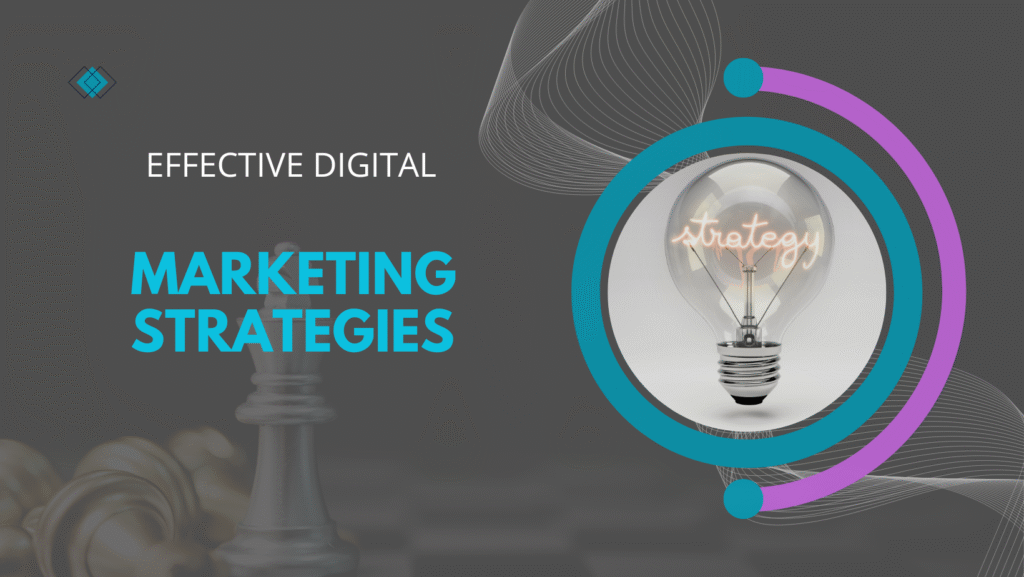AI isn’t just changing the future—it’s transforming digital marketing right now. Whether you’re an advertiser, a content strategist, or a decision-maker steering the ship, AI is reshaping how campaigns are created, launched, and optimized.
The good news? It’s not here to replace marketers. It’s here to empower them.
The Rise of AI in Digital Marketing
Artificial Intelligence is no longer a futuristic concept—it’s baked into the tools you already use. From Meta’s Advantage+ to Google Performance Max, and Adobe’s design suite, AI is helping marketers do more with less.
Today, AI means faster execution, sharper insights, and more personalized customer journeys. For brands, it’s the gateway to agility. For teams, it’s the key to staying competitive.
Where AI Is Creating the Most Impact
1. Content Creation at Scale
With platforms like ChatGPT, Runway, and Midjourney, marketers are generating headlines, product descriptions, visuals, and videos in minutes. It’s a game-changer for creative teams.
2. Personalized User Experiences
AI allows businesses to tailor messages, recommendations, and offers based on user behavior. That means more relevant interactions and higher conversion rates.
3. Deeper Consumer Insights
AI-driven platforms like GWI Spark use real-time data to help brands understand shifting consumer behaviors—without the need for manual analysis.
What AI Unlocks for Marketing Teams
AI isn’t just about automation—it’s about transformation. It allows teams to:
- 🚀 Launch campaigns faster
- 🎯 Improve targeting accuracy
- 🔍 Predict trends with analytics
- 🧩 Personalize customer journeys
- ⏱️ Save time on manual processes
With AI, you get to focus on strategy while machines handle the grunt work.
AI Tools That Are Driving Real Results
Marketers today are using a range of AI tools to speed up workflows and enhance results. Here are some worth knowing:
- GWI Spark – Pulls instant insights from global surveys.
- ChatGPT – Generates ad copy, social posts, and more.
- Surfer SEO / Clear scope – AI-powered keyword and content optimization.
- Midjourney / Runway – For stunning AI-generated images and videos.
- Meta Ads & Google AI – Real-time ad performance optimization.
- Conversational AI – Smarter chatbots that improve customer experience.
The Ethics & Challenges of AI in Marketing
While AI brings clear benefits, it also raises important questions:
- Bias in Data – AI models are only as unbiased as the data behind them.
- Transparency – Should you disclose when content is AI-generated? In many regions, the answer is yes.
- Brand Safety – Off-brand copy or misinformation can hurt credibility.
- Compliance – With AI laws like the EU AI Act, compliance is non-negotiable.
To navigate this, brands need to focus on responsible AI usage, proper tool vetting, and ongoing human review.
The Future: Human-AI Co-Creation
The next era of marketing is not about AI vs. humans—it’s about collaboration.
Imagine this:
- AI analyzes customer behavior in real-time.
- Your team uses that data to guide creative messaging.
- Campaigns automatically optimize for results as they run.
This is predictive personalization in action—where marketing doesn’t wait for a click, it anticipates one.
How to Choose the Right AI Tools
When picking AI tools for your stack, ask these questions:
- Does it integrate with your CRM, CMS, and analytics tools?
- Can it scale with your team’s goals?
- Is the data source transparent and trustworthy?
- Will it help streamline—not overcomplicate—your workflow?
Whether you build custom solutions or use off-the-shelf platforms, the right tool should fit both your team’s capabilities and your business goals.
Upskilling for the AI Era
Marketers who understand AI will soon be the most in-demand. Brands like yours are already:
- Running in-house bootcamps
- Teaching teams how to write effective AI prompts
- Building cross-functional AI fluency (even for non-tech roles)
AI doesn’t replace creative thinking—it frees it.
Industry Examples: AI in Action
- Retail: Dynamic pricing, personalized recommendations, and virtual stylists.
- Finance: Automated fraud detection, risk modeling, and faster support.
- FMCG: Packaging design and trend prediction using real-time signals.
- Entertainment: Smart content curation, trailer generation, and hyper-targeted campaigns.
Whatever your niche, AI brings faster execution and better end-user experiences.
Marketing Smarter, Not Harder
AI is not a tool to fear—it’s one to master.
It helps marketers do what they already do best, but better: create, connect, and convert. With AI handling the mechanics, your team can finally focus on strategy, storytelling, and delivering impact at scale.
Start small. Stay curious. And remember—great marketing still begins with great ideas.


